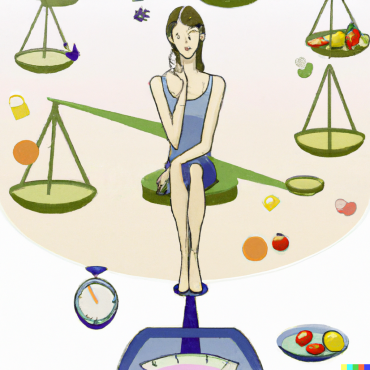Conceiving a baby is not always easy. Some women conceive on the very first try. Well, it’s a boon to all those women who conceive so fast. No counting, no stress about fertility pills, nothing. Perhaps you were not even sure if you were mentally and physically prepared to have a baby. But, when it comes to trying for a second child, things don’t work as smoothly as the first time.
After your first baby, your body changes a lot. You aren’t only undergoing physical changes, but also hormonal changes that affect your ability to conceive a second time, also leading to secondary infertility. Here are some of the most widely asked questions regarding secondary fertility. Read them and clear all your doubts related to your second pregnancy.
- What is secondary infertility?
Difficulty in conceiving a baby after your first pregnancy, no matter whether you gave birth or it ended in a miscarriage is called secondary infertility. The occurrence of secondary infertility in couples has increased in the recent 20 years by 60 percent. It occurs in nearly 12% couples. In most cases, couples delay taking medical help thinking that everything will be fine in some time.
- What causes secondary infertility?
One of the basic reasons that cause secondary infertility is increasing parental age, specifically maternal age. In today’s time, most women delay their first childbearing age. They try to conceive when they are nearly 35. Thus, by the time they conceive the second baby, they are nearing their 40s, when their fertility level starts to decrease.
- Does aging affect fertility?
Yes! Age plays an important role in fertility and secondary infertility. Women are born with eggs that will mature with your age and form a healthy growing embryo. By the time you reach 40, nearly half of all your eggs become genetically abnormal, unable to grow like they used to earlier. When you reach the age of 42, about 80% of these eggs become abnormal. As a result, it is extremely important for women to conceive whenever they get a chance. Using the latest ovulation calculator or the ovulation kit can help you insure your fertile days and hence, optimize your conceiving chances.
- Do our diet and overall health affect our secondary fertility?
Yes, the diet you follow and your overall health, both affect your fertility level. Usually, after the first pregnancy, women gain excess weight which gets difficult to lose. This leads to fertility problems when you try to conceive the second time. Women weighing very high have increased estrogen levels as it is stored in their fat cells. Due to this increased estrogen level, the regular ovulation cycle shuts down. As a result, their periods become irregular and less predictable. When your age is more than 35, it gets essential to talk to your doctor before you try to conceive. They can help you follow a special diet to lose weight and also prescribe medications that can help you conceive easily.
- Are there any other factors that are probably affecting my secondary fertility chances?
Everyday factors like exhaustion, stress and lack of energy all play a crucial role in causing secondary infertility. When you have a toddler home, you get exhausted taking care of them. As a result, by the end of the day, you have no energy to have sex with your partner.

























































Comments